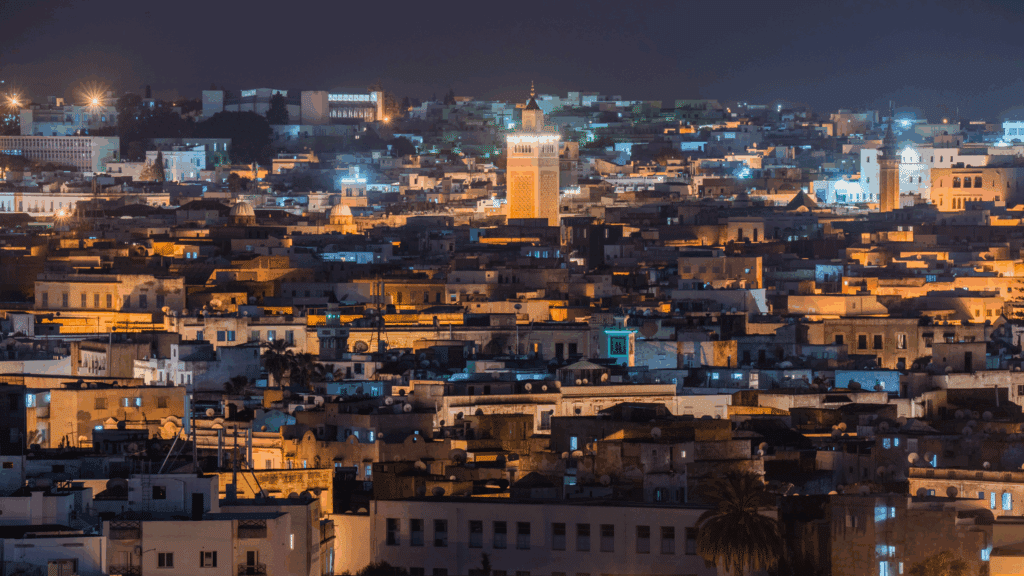
ASF has just published the Policy Brief “The Criminalisation of Poverty in North Africa – A Critical Review of Social, Legal and Political Dynamics”.
In North Africa, poverty is not only a social challenge: in many cases, it is still treated as an offense. A legacy of colonial penal codes, the crimes of begging, vagrancy, or informal trade continue to bring thousands of people before the police or the courts in Tunisia, Morocco, and Algeria. These laws do not punish criminal acts, but rather a social condition that is considered a threat to public order.
Since 2019, criticism has intensified. The African Court on Human and Peoples’ Rights has ruled these provisions contrary to fundamental rights. In Morocco, the Economic, Social and Environmental Council has called for their revision. NGOs and researchers have also denounced repressive police practices aimed at “cleaning up” public space through roundups of street vendors or homeless people, depending on image or security concerns.
These policies reflect a security-based approach to poverty, where the poor are seen as “potential offenders.” In contrast, an increasingly supported structural approach views poverty as the product of social inequalities and advocates for a response based on social protection and inclusion.
In the absence of deep reform, the criminalization of poverty fuels a vicious cycle: increased marginalization, distrust of the state, and overcrowded courts and prisons. But there is a dynamic of change: the decriminalization of poverty is gaining ground in public debate and could pave the way for a more social justice system that respects human dignity.



